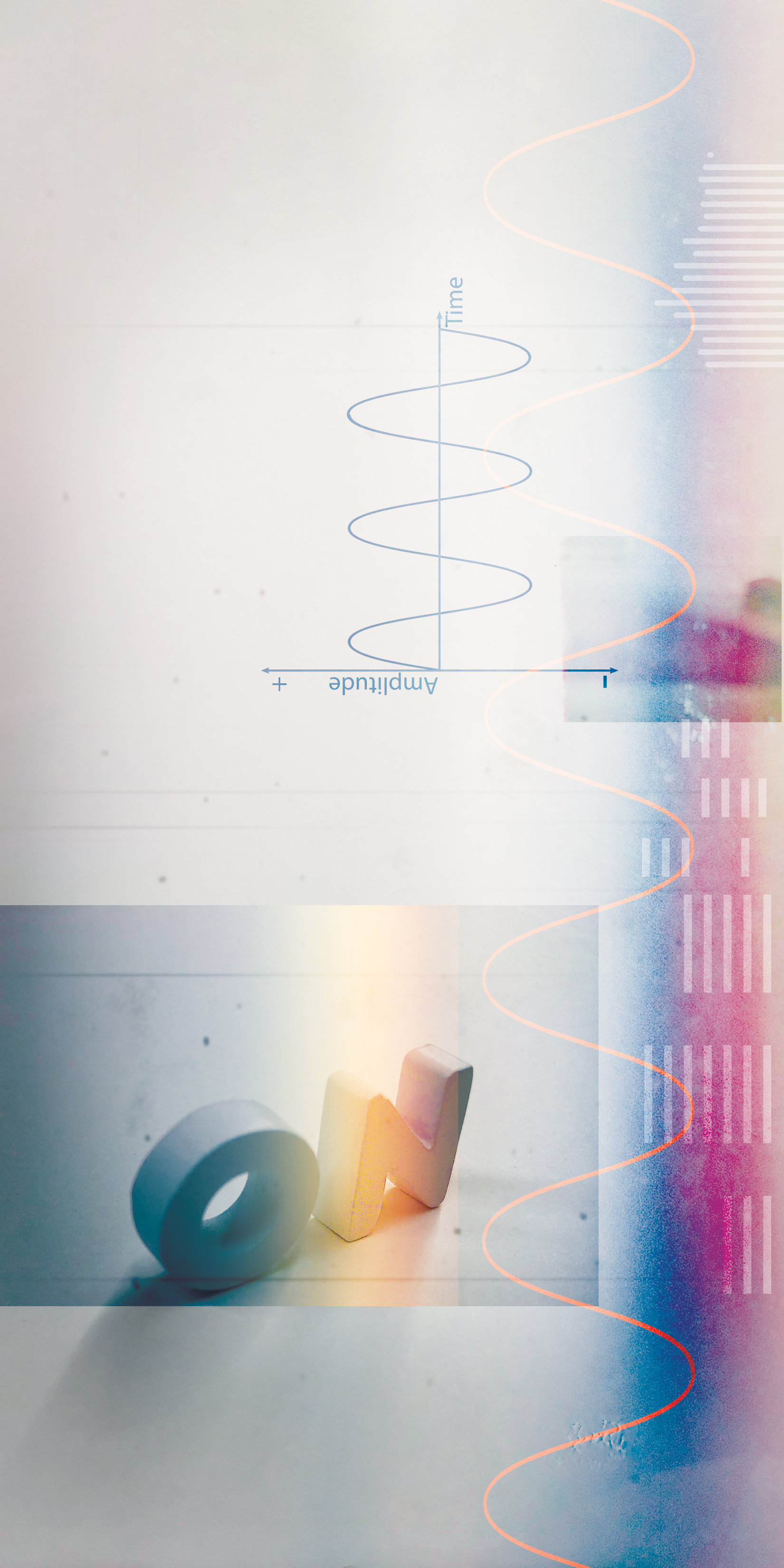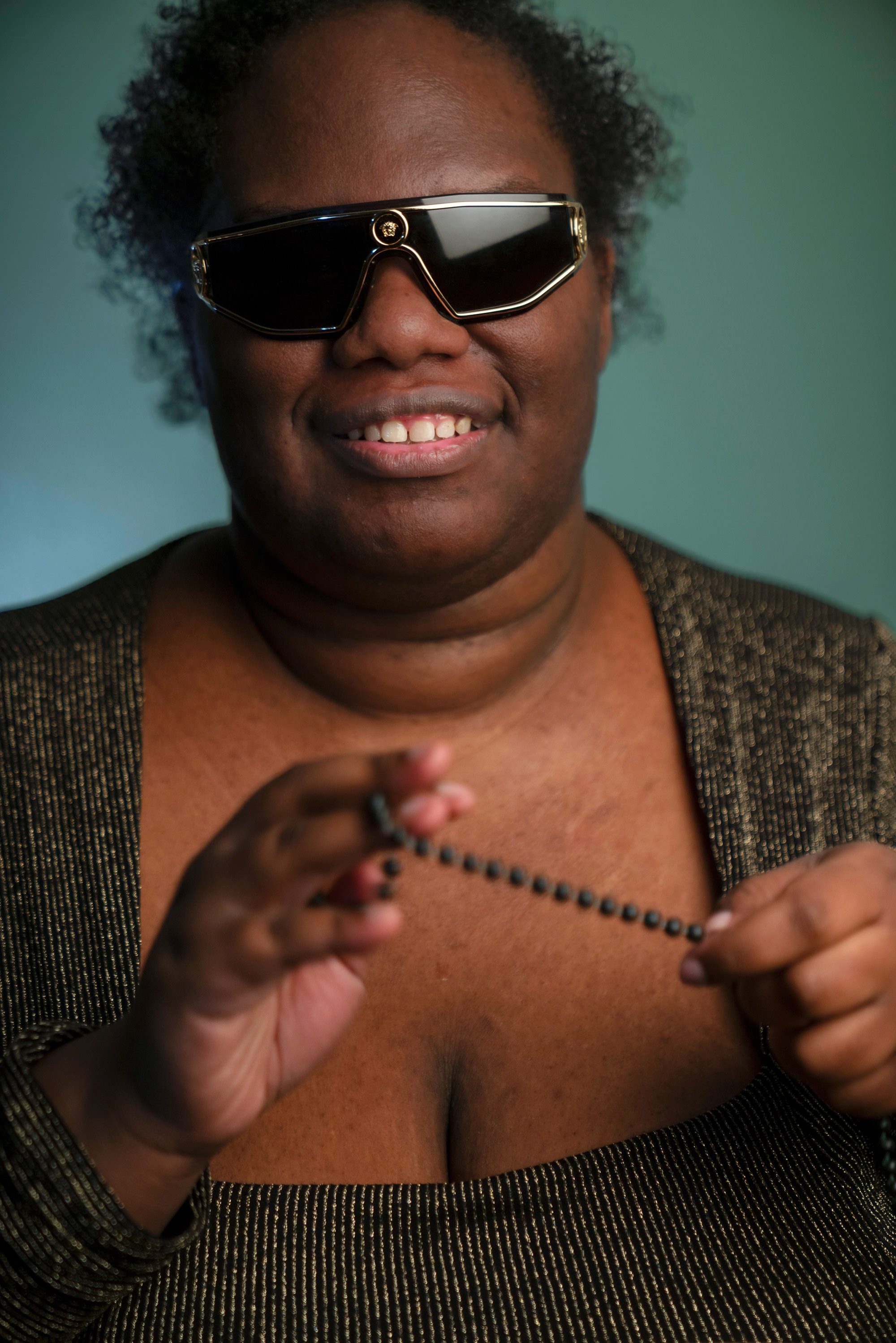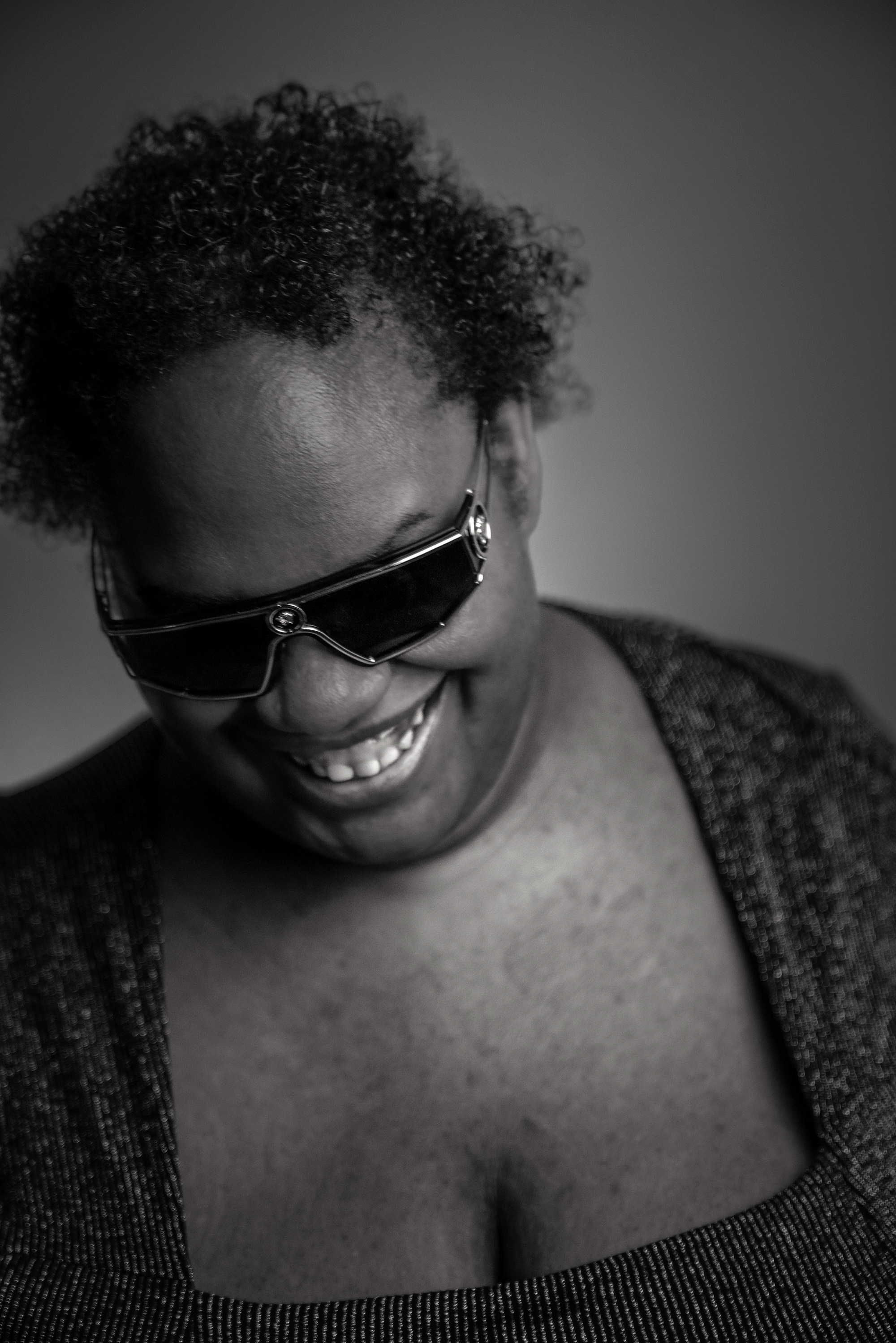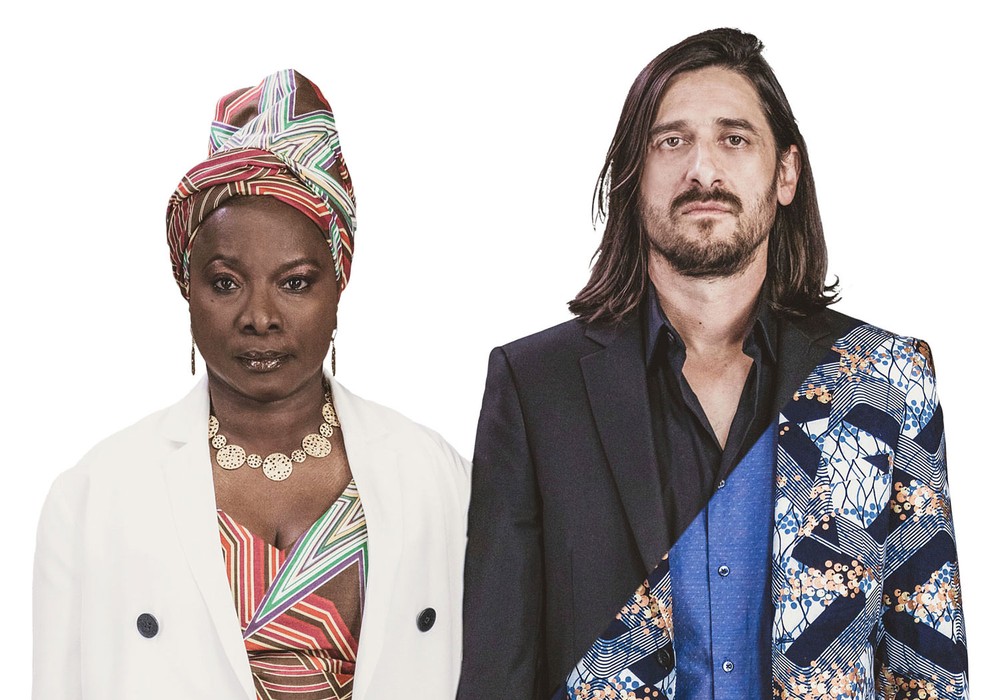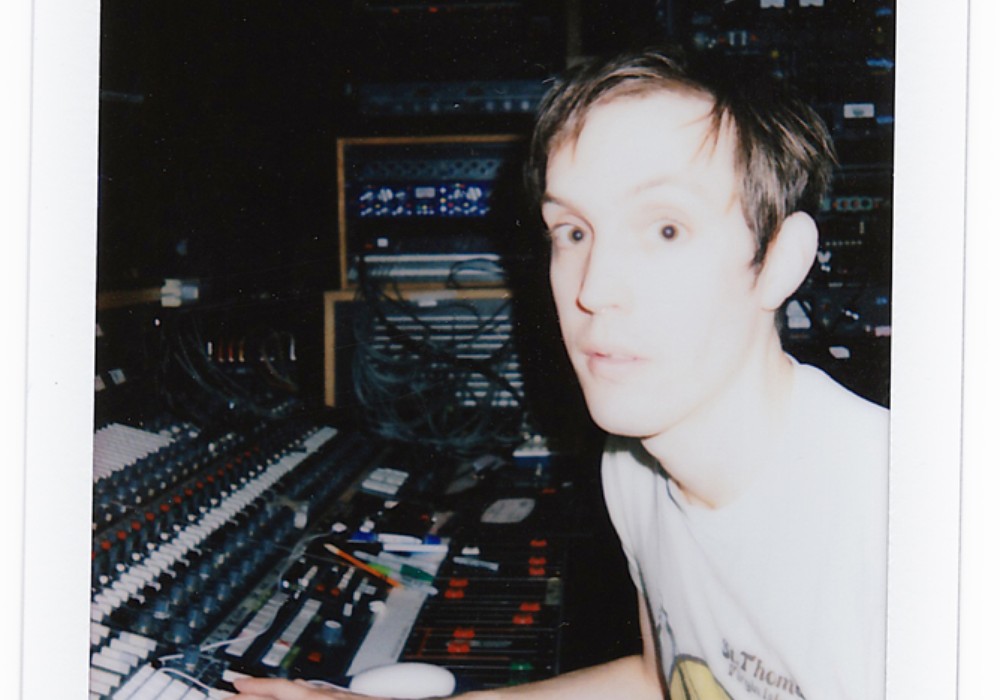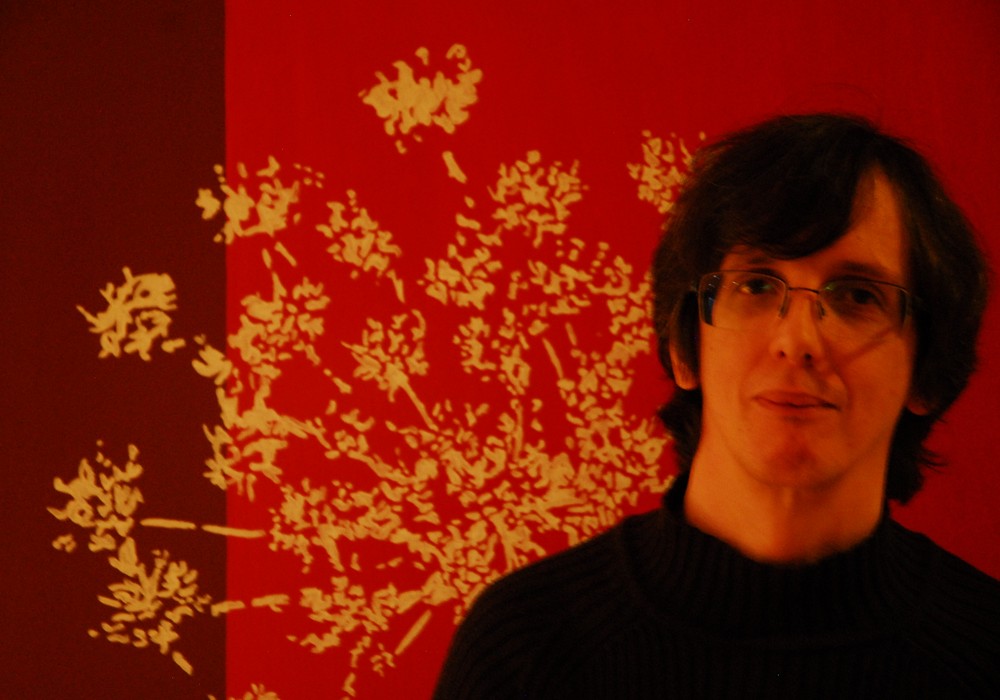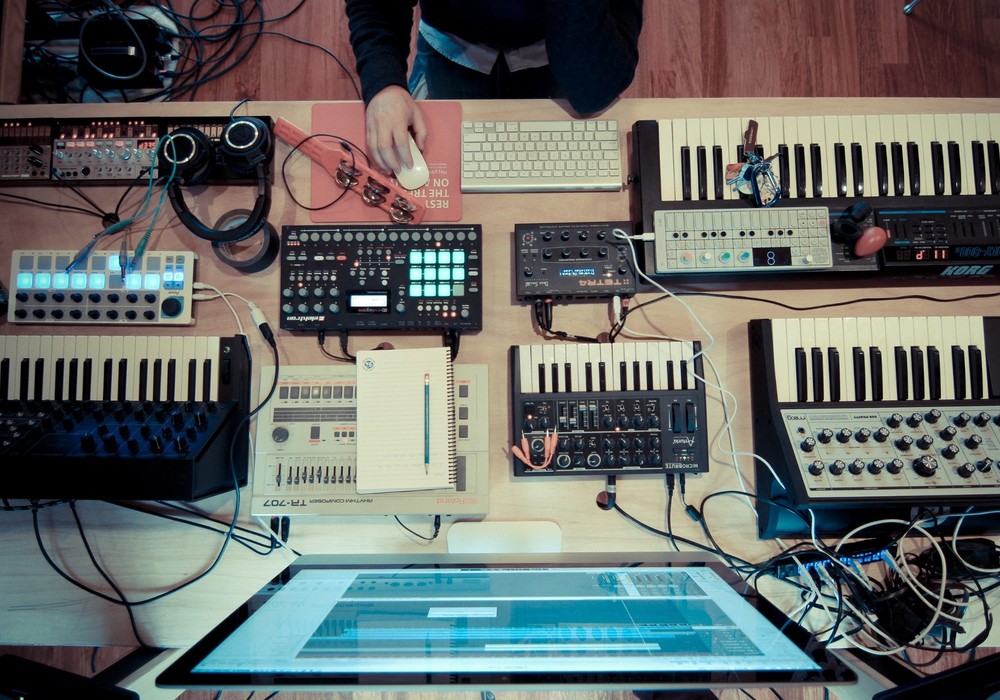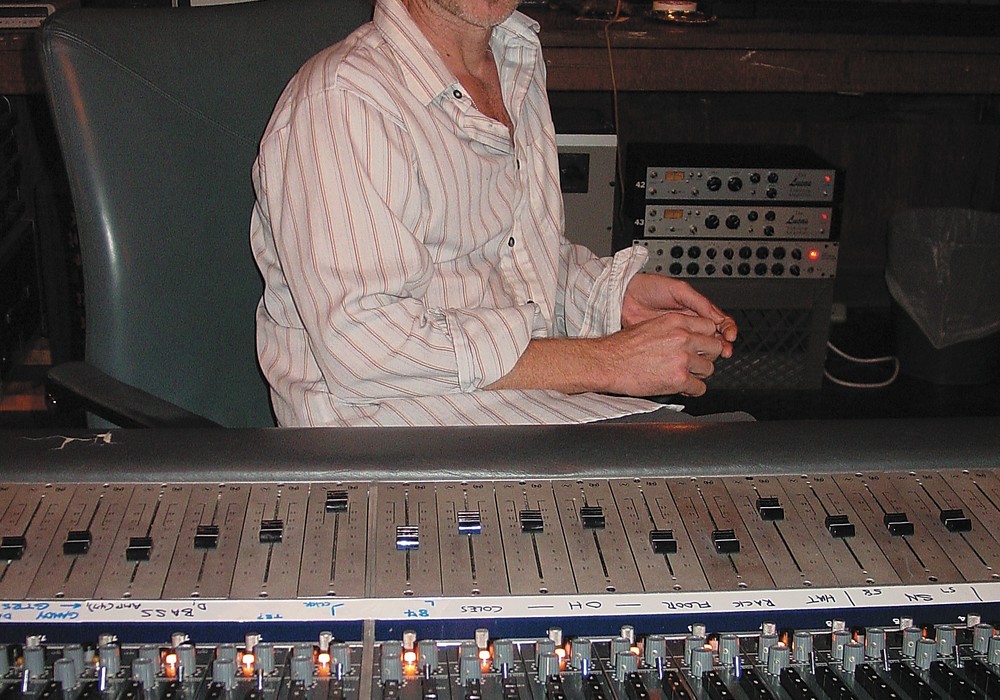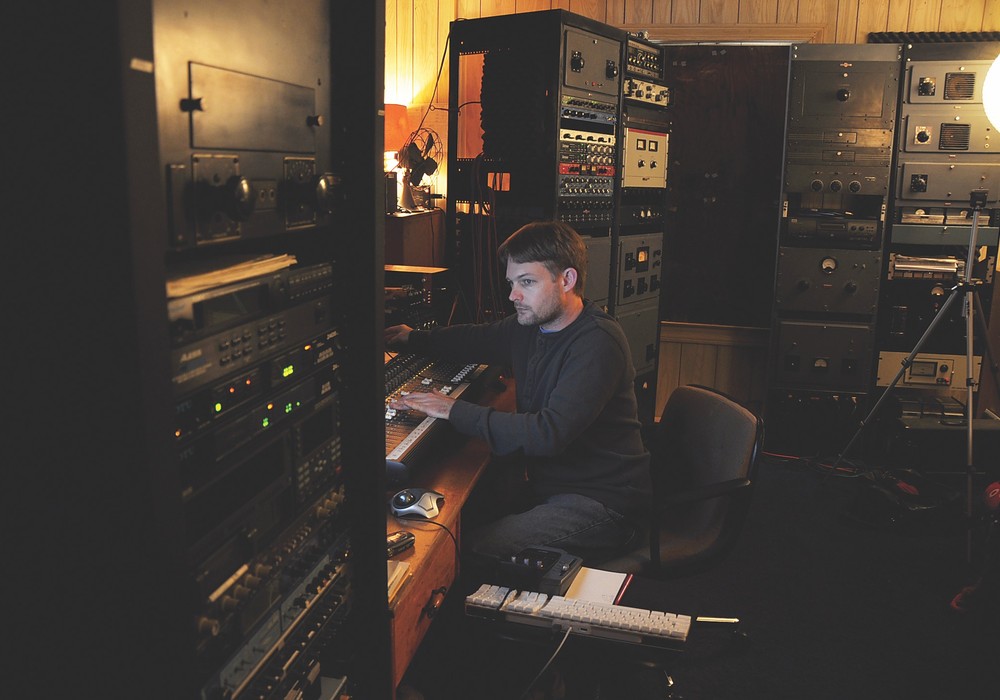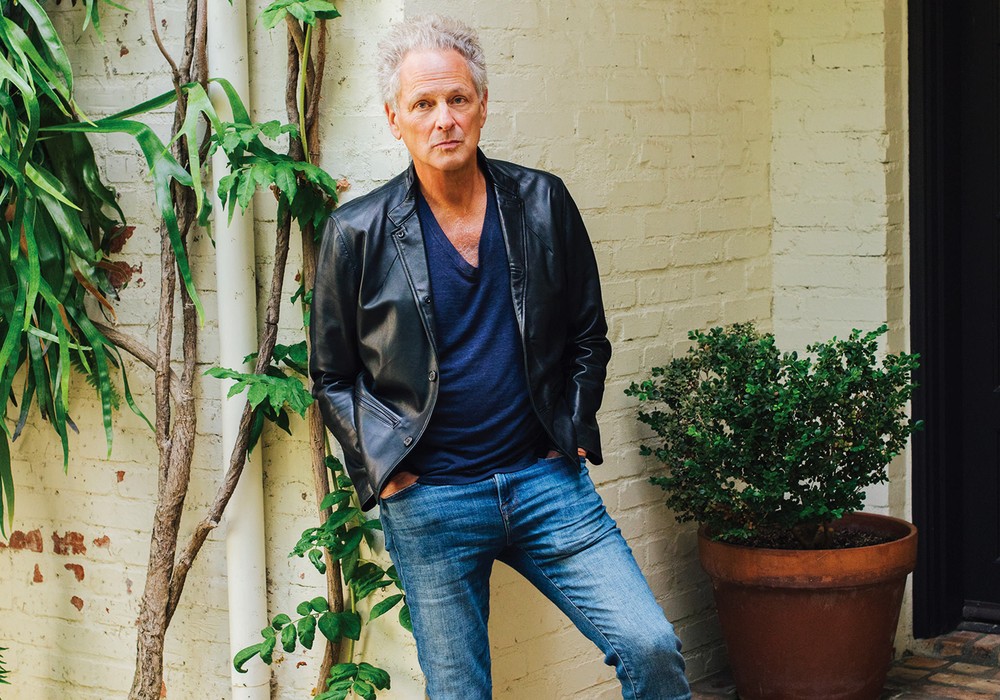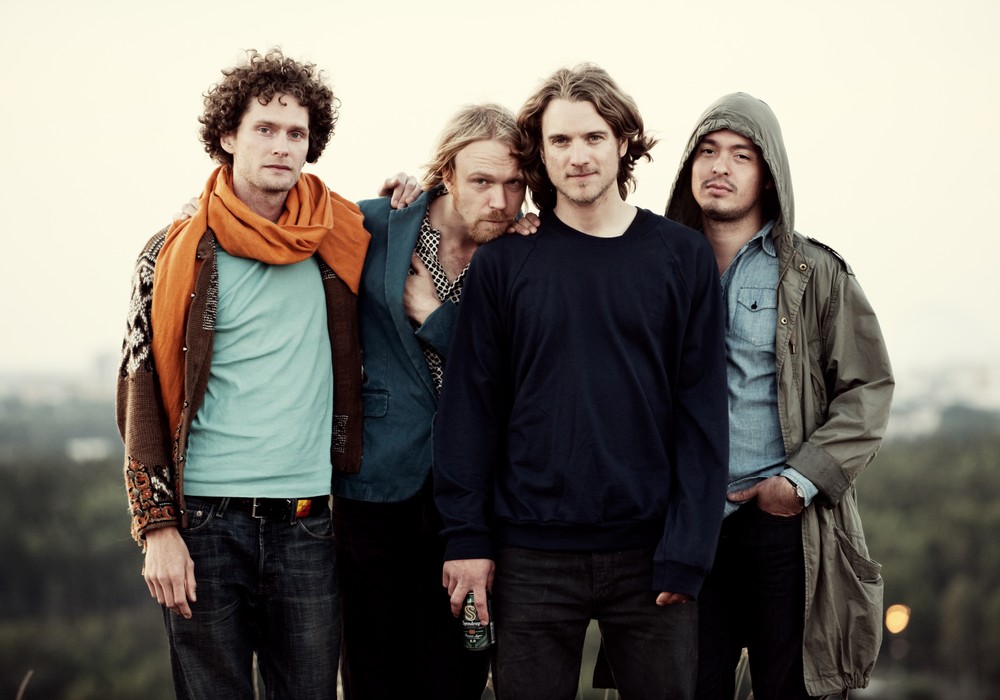As a blind artist, Brittany Davis’ music transcends traditional boundaries, weaving together a rich tapestry of genres and emotions in their debut solo album, Image Issues. From overcoming personal trauma to channeling divine inspiration, Brittany's honesty and fearlessness shines through, offering a deeply human and inspiring musical experience. Here, Brittany talks with Lisa Machac of Omni Sound Project about how they got started playing music, the technology they use to produce, as well as plans for the future.
You’ve said that everything talks to you or that everything makes music. How did that perception lead to you creating music?
Everything that I established about my surroundings was melodic, or instrumental, or sensory bending for me. I was sensitive to a lot of things, like I couldn't go in certain houses because the smells would create certain beats. I'm sensitive in that way.
Have you learned to use that to your advantage when writing music?
Yes, absolutely. I'm also learning to write colors into my music!
When you were really young, who taught you how to create loops?
It was my friend that taught me how to create loops. I’ve got a lot of blind friends in the community. One in particular stands out; they go by Jay Breeze. They're another blind producer/engineer. He's phenomenal. He taught me how to make loops and record on computers using accessible technology, and they got me into the game of sound-making goodness. I started making loops on my own when I was 16. But I didn't really start publishing and start figuring out real ways to mix it until I was about 21 or 22.
What's the technology that you're using to make the loops, and what's the accessibility technology that you're using on top of that?
I'm using [Apple] Logic Pro and Native Instruments MASCHINE MK3. The accessibility portion is what we call a screen reader. Everything in my life that houses a screen pretty much has this technology, and especially when it comes to my music. It reads the screen information aloud to me. I can see what I'm doing, and I can navigate freely through my programs and sounds. However, it can also be quite annoying.
I have a friend who is visually impaired, and she demoed that for me. She is so fast.
My friend says it's like a word boomerang.
When you started performing, is it just you or are you playing with other musicians?
Sometimes it was just me, but most of the time it was with other musicians. The recording came first. I recorded my first single when I was 16. That was recorded on [Avid] Pro Tools. The first thing that I used with accessible technology for myself when it came to recording or getting ideas jotted down was [Apple] GarageBand. I was using the stock sounds that came with it. I’m not saying that they're bad, but they weren't expressing things in the way that I wanted to express them. I didn't know the shortcuts. I didn't know how to make the loops, break the loops, join, split, and all that stuff. I started with Yamaha keyboards, splitting the keyboard – one side is one instrument, and the other side is the other. That's how I was performing when I started performing live. I was flipping the keys. I'm doing one side like I’m friggin Jazzy Jeff [Jeffrey Allen Townes] and then the other side like Alicia Keys.
How did you do the production for the song "Sepricon"?
It happened here in this studio, at my house, on the [Apple] MacBook Pro. Basically, I was mixing all the ingredients, getting all the horn parts using Native Instruments, and using a drum percussion loop. I was trying to make something funky, so I used the percussion loop to set the mood and the tempo; the bass comes in, and then this [African style] highlife guitar that I'm using. It's all keyboard. It's all virtual. The reason it sounds so clean is because I'm studying the sound. I'm studying the funk. I'm studying James Brown. I'm studying Marvin Gaye's bass player.
So, when you play something like that live, how hard is it for you to shift from the person who's really controlling everything to having faith and trust in a live band?
I'm gonna be honest, it's difficult for me to allow somebody else to paint the picture that I've already painted. It's not out of disrespect to them. It is a challenge. But it is a grace as well, because it teaches you to trust in things that you don't quite understand all the...
